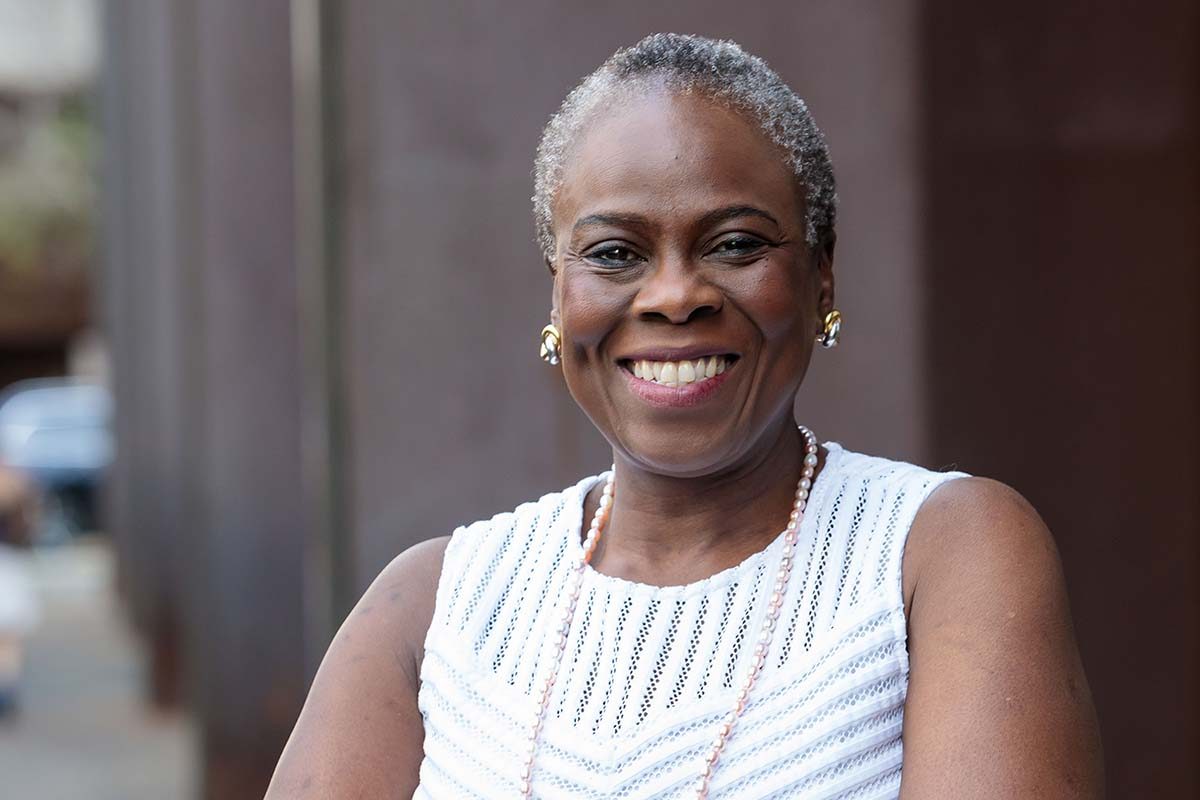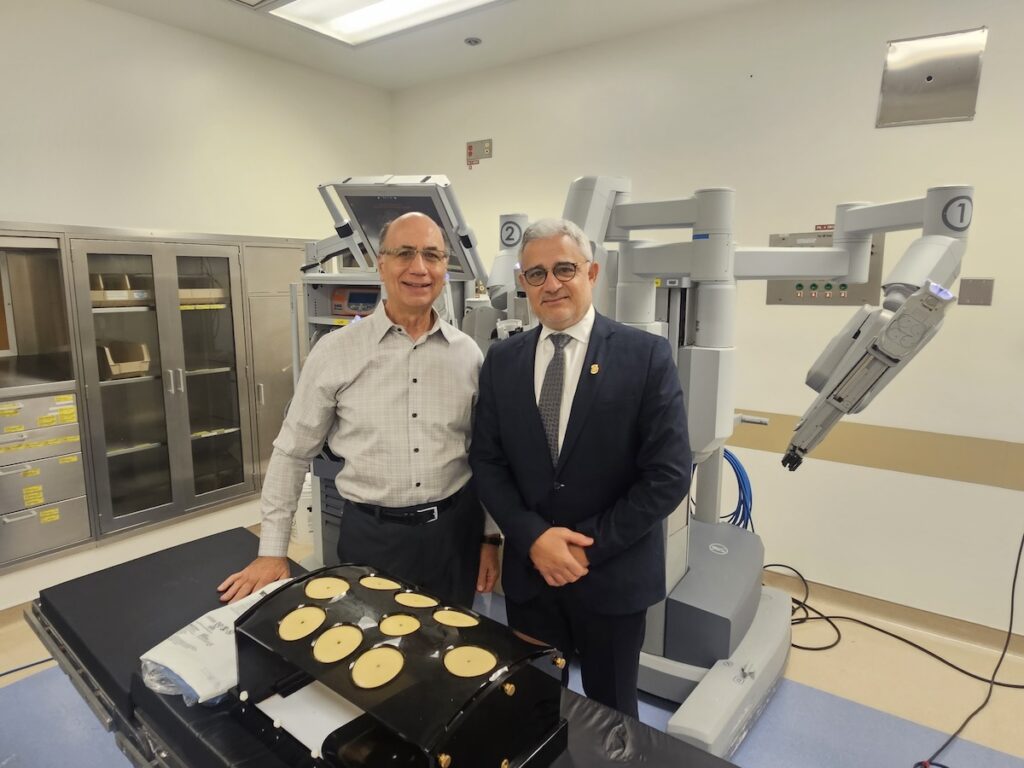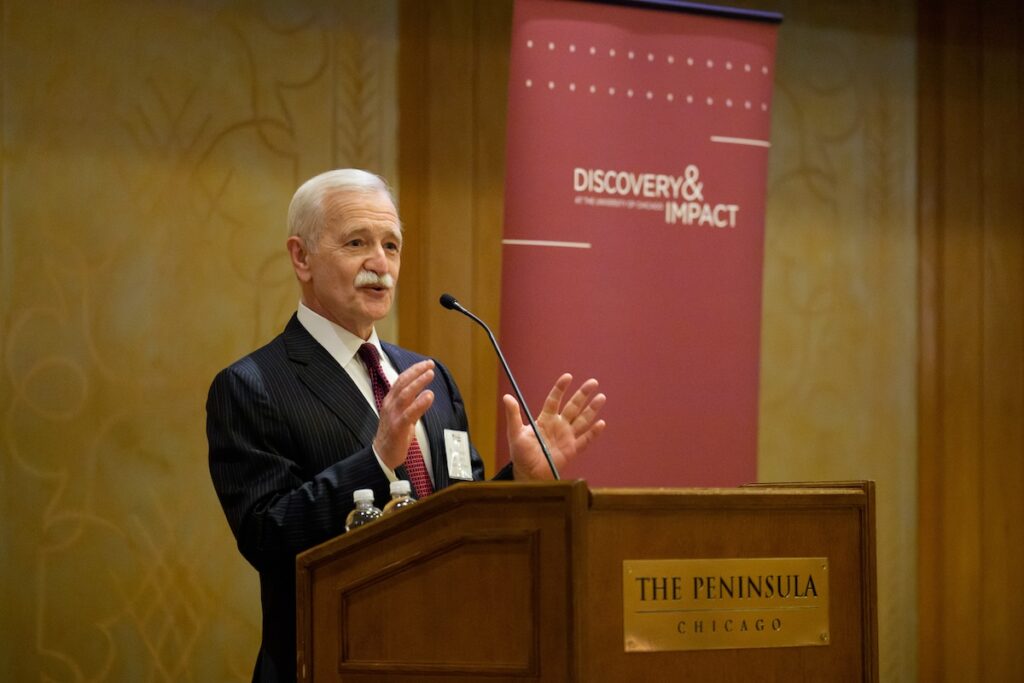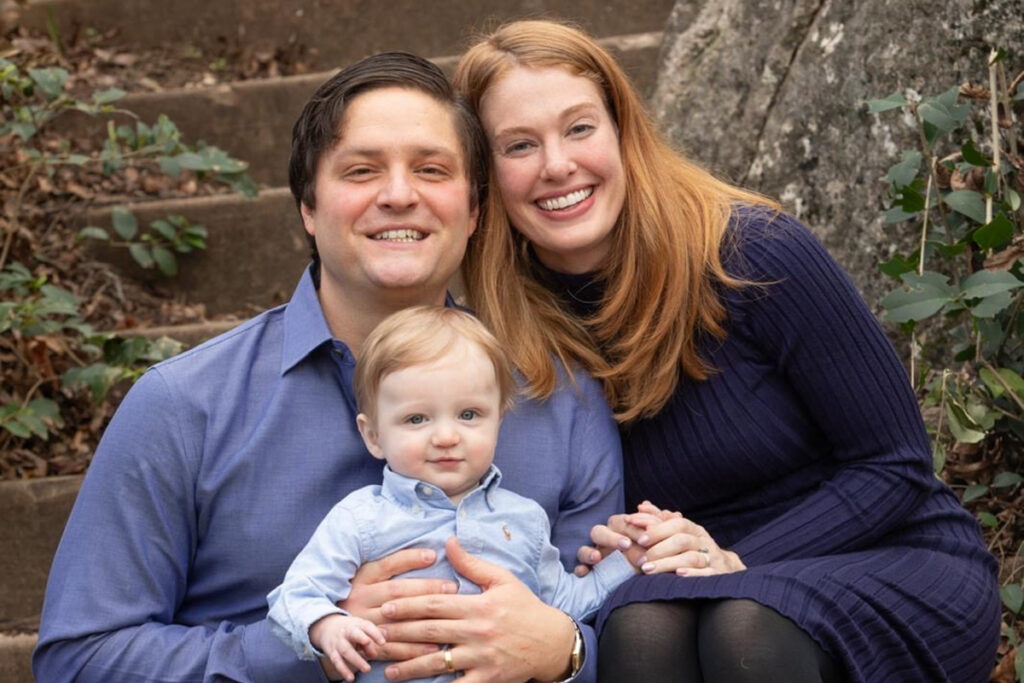Founded in 1992, the University of Chicago Medicine Cancer Risk and Prevention Clinic provides the comprehensive evaluation and risk reduction for people at high risk for cancer in Illinois. Clinic founder Olufunmilayo I. Olopade, MD, internationally renowned for her expertise in breast cancer, began recruiting families with suspected genetic predispositions for cancer to participate in research studies at the clinic.
The experience undoubtedly left a lasting impact on one former study participant. She and her husband, decided to document a $400,000 bequest to support the clinic more than 25 years later. A member of one of the first families Dr. Olopade recruited, she says the clinic provided hope for her and her six siblings.
“Being part of the research, we received a valuable gift—just to have that knowledge back in the day—and we just want to keep on giving,” said the donor, who lost both her mother and oldest sister to breast cancer, and saw her youngest sister diagnosed with the disease all within the span of five years.
Assessing increased risk for breast cancer
Back in the early 90s, assessing familial cancer risk was new territory. Researchers had only just begun to identify specific gene mutations as known cancer risk factors. For example, mutations on BRCA1 and BRCA2—associated with an increased risk for breast and ovarian cancer—were identified in 1994 and 1995, respectively.
“Our goal has always been to make this genetic knowledge more and more available to patients so everyone can benefit from individualized medicine,” Dr. Olopade says. “This knowledge is also the key to cancer prevention and early detection.”
According to the National Cancer Institute, the lifetime risk of breast cancer in women is about 12 percent. For carriers of the BRCA1 mutation, that risk jumps to 72 percent.
“My whole family stuck together, gene or no gene, and we were all in it for the long run,” the donor said.
The study evaluated her and her siblings throughout the year, invited them to learn about the science they were driving, and gave them the opportunity to come together with other families facing similar inherited risk.
“The families that participate in clinical studies play valuable roles in increasing our understanding of familial cancer risk,” Dr. Olopade said. “Without them, the clinic wouldn’t be what it is today.”
Deciding on genetic testing
Now the donor’s family sees genetic testing not as a novelty, but a necessity—knowledge she and her siblings have passed down through generations and something they discuss openly as a family. Through her gift, she hopes to inspire other families to take ownership of their genetic risk.
“If you notice a lot of cancer in your family, talk to your doctor and research it,” she says. “Sadly, not all doctors are experts; find one who is.”
Now the donor hopes that it will become even easier for people to access the information they need to make informed decisions about their health, and excited to see how far the research has come.
“I mean, what better use for the money than to go to research that maybe saved my life and saved other lives in my family?” she asks. “It’s a long-term commitment to making the world a better place.”
If you want to make a gift to support breast cancer research at UChicago Medicine, please visit: giving.uchicago.edu/cancer-risk-clinic or you may reach out to Katy Solomon, Senior Associate Director of Individal Giving at (773) 702-6640 or ksolomon@mbsd.uchicago.edu.
To learn more about gift planning, visit: giftplanning.uchicago.edu
Names have been withheld from this story to protect the health privacy of the family.




